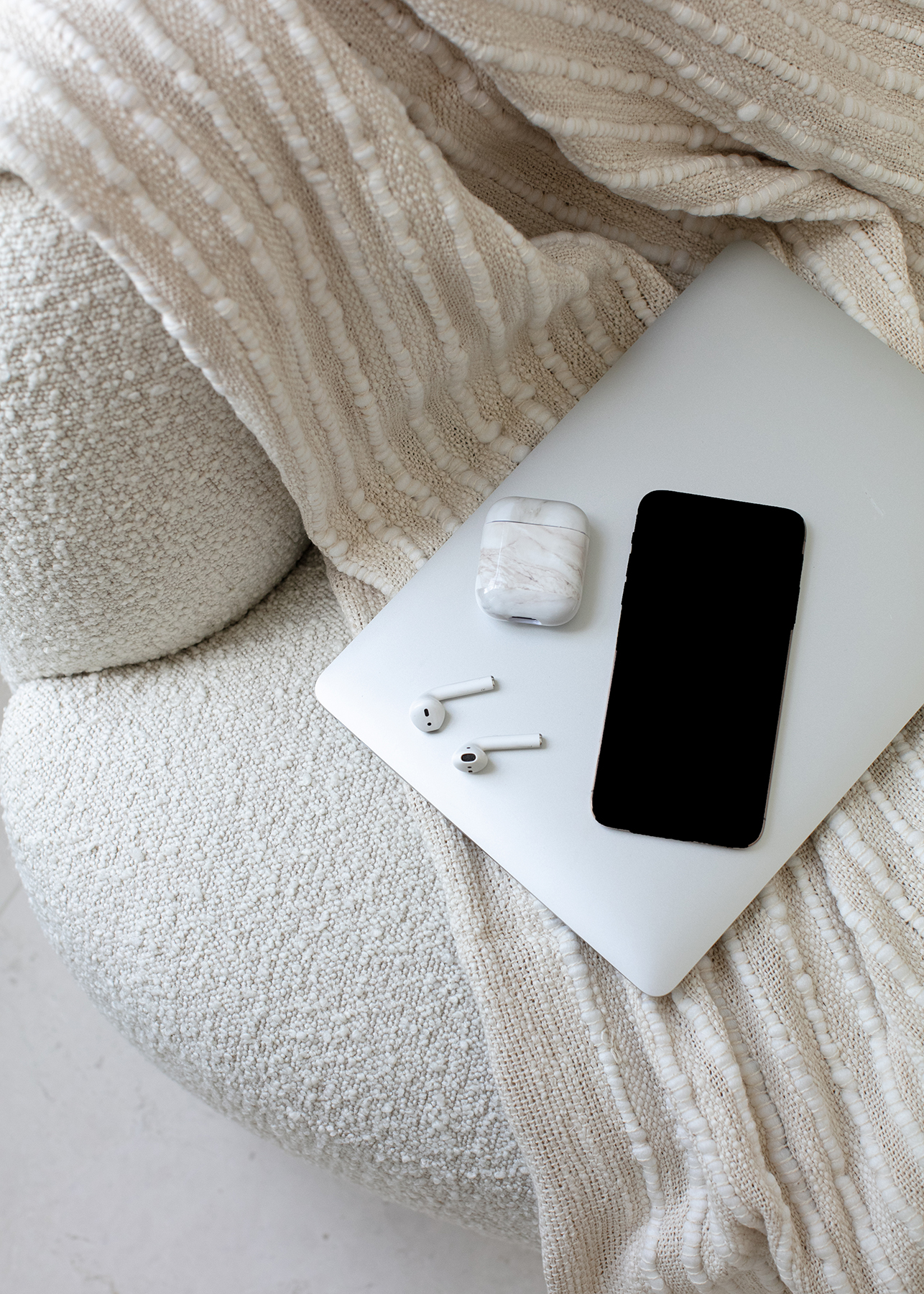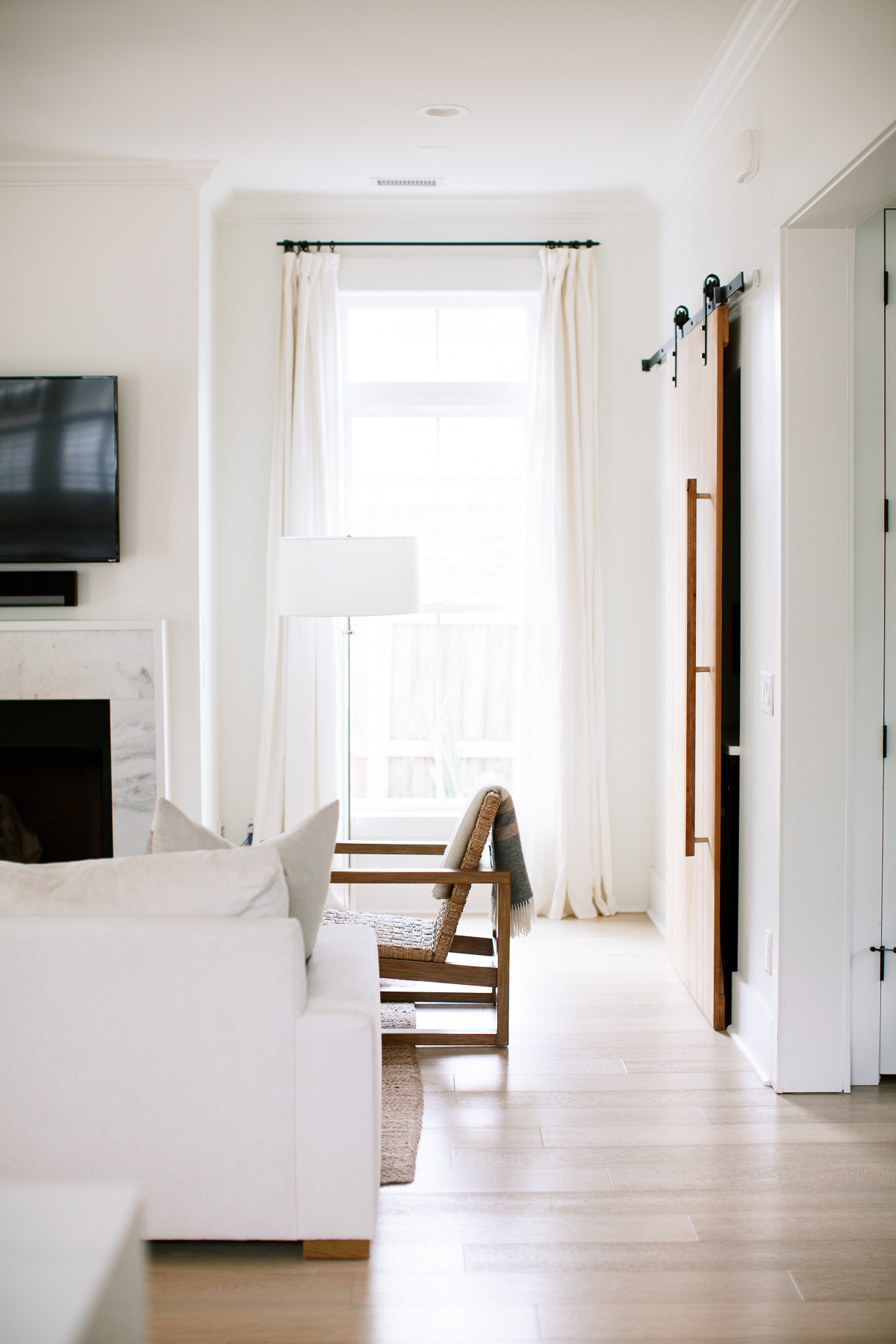
A good sleep routine is vital for our overall health and wellbeing. However, getting a good night’s sleep can be challenging for most women, particularly those who lead busy lifestyles. Insufficient and poor-quality sleep can lead to increased stress, forgetfulness, weight gain, low productivity, and an increased risk of health issues, such as heart disease and diabetes. Developing a consistent and effective sleep routine is crucial to achieving quality sleep. In this blog post, we’ll discuss eight simple but effective ways to help women develop and maintain a successful sleep routine.
Establish a consistent sleep schedule – Going to bed and waking up at the same time every day helps regulate your body’s internal clock, making it easier to fall asleep and stay awake throughout the day. Women should aim to get at least 7-9 hours of sleep per night, and this can only be achieved by setting up a successful sleep schedule.
Create a relaxing pre-sleep routine – Developing a relaxing pre-sleep ritual helps the brain prepare for sleep. It could involve reading a book, performing some gentle yoga, listening to soothing music, or having a warm bath. By unwinding before bed, women can sleep better and wake up feeling refreshed.
Establish a sleep-conducive environment – A cool, quiet, and dark room contributes significantly to quality sleep. Invest in comfortable bedding and mattresses, reduce noise disruptions, and remove any clutter from the bedroom to create a conducive environment for sleeping.
Be mindful of your diet and fluid intake – Avoid consuming heavy meals, caffeine, or alcohol before bed as they can impact sleep quality. Instead, focus on drinking enough water throughout the day and consuming lighter meals before bedtime.
Incorporate exercise into your daily routine – Regular exercise can help improve the quality of sleep, providing that it is not too close to bedtime. It helps reduce stress, improves mood, and boosts overall physical health, making it easier to sleep and stay asleep.
Stay organized and manage stress levels – Stress is a significant factor that can impact the quality of sleep. Women should identify and manage any sources of stress in their lives by staying organized, practicing relaxation techniques, and seeking professional help if necessary.
Limit screen time before bed – Electronic devices like phones or laptops emit blue light that can disrupt the production of melatonin, a hormone crucial for quality sleep. So it’s best to limit screen time at least an hour before bed.
Try relaxation techniques – There are several relaxation techniques women could try to improve sleep quality, such as meditation, deep breathing, or progressive muscle relaxation. You can easily find online resources that guide you through these techniques.
Conclusion:
Developing a consistent and effective sleep routine can positively impact women’s overall health and wellbeing. By following these eight simple tips, women can improve the quality of their sleep, feel more energetic, less stressed, and more productive throughout the day. Remember, it’s essential to create a relaxing pre-sleep routine and develop a conducive sleep environment. Combine these habits with a healthy diet, exercise, stress-management techniques, and limit screen time before bed, and enjoy a restful and refreshing night’s sleep.

Blog Introduction: Have you ever had a bad night’s sleep, and then the next day everything just seemed to go wrong? Or perhaps you’ve noticed that certain rooms in your home tend to make you feel more relaxed or agitated than others? These experiences may seem like they are unrelated, but the truth is that your living environment can have a significant impact on your emotional well-being. In this blog post, we’ll explore the connection between lack of sleep and your home, and share some tips for creating a more peaceful and nurturing living space.
The Importance of Quality Sleep: Before we dive into how your home can impact your emotions, let’s take a closer look at the importance of quality sleep. Sleep is not just a time for your body to rest and recharge; it’s also a critical period for your brain to process and consolidate learning, memories, and emotions. Without proper sleep, you may experience mood swings, anxiety, depression, and difficulty concentrating. So if you’re struggling to get adequate sleep, it’s essential to identify and address any potential environmental factors that could be contributing to the problem.
Creating a Sleep-Supportive Bedroom: Your bedroom should be your sanctuary – a place where you feel calm, relaxed, and supported. If your bedroom is cluttered, noisy, or uncomfortable, it’s going to be much harder to achieve restful sleep. Start by decluttering and organizing your space, selecting calming colors and textures for your bedding and decor, and investing in a high-quality mattress and pillows that provide the right amount of support for your body. You may also want to consider blocking out noise and light with room-darkening shades or a white noise machine.
Reducing Exposure to Stressful Triggers: Your home should be a refuge from the stresses of the outside world, but unfortunately, it can also be a source of stress and tension. For example, if you have a messy or disorganized living space, it can make you feel anxious and overwhelmed. Similarly, if you have a television or computer in your bedroom, it can disrupt your sleep and make it harder to switch off at night. Try to identify any triggers in your living environment that make you feel stressed or overwhelmed, and take steps to address them. This might mean decluttering your space, setting boundaries around technology use, or even creating designated meditation or relaxation areas.
The Impact of Natural Light and Fresh Air: Exposure to natural light and fresh air is essential for regulating your body’s natural sleep and waking cycles. If your home is dark, stuffy, or poorly ventilated, it can disrupt your circadian rhythms and make it harder to fall asleep and wake up feeling refreshed. Make sure to open your windows regularly to let in fresh air, and consider investing in blackout shades or curtains to block out external light sources. You may also want to incorporate plants or other natural elements into your living space, such as a living green wall or indoor fountain, to create a sense of calm and tranquility.
Cultivating a Mindful Home: Finally, creating a mindful home can help you stay present and connected to your emotions, which can have a positive impact on your well-being overall. Making space for mindfulness practices, such as yoga or meditation, can help you develop a deeper sense of awareness around your thoughts and feelings, and help you process any negative emotions that may be preventing you from getting adequate sleep. Additionally, surrounding yourself with positive affirmations, art, or other meaningful objects can help uplift your mood and create a more supportive living environment.
Conclusion: Your home is more than just a place to eat, sleep, and store your possessions – it’s the backdrop of your daily life, and it can have a significant impact on your emotions and well-being. By being mindful of the environmental factors that contribute to restful sleep and emotional balance, and taking steps to create a supportive and nurturing living space, you can create a home that truly supports your health and happiness. So take a closer look at your living environment today, and see what changes you can make to create a more peaceful and harmonious space. Your mind and body will thank you for it!

Our homes are our sanctuary – or at least, they should be. But what do you do when you’re unhappy at home? When nothing seems put together, and the thought of walking through that front door fills you with dread? A disorganized or unpleasant living space may seem trivial, but it can have a significant effect on your entire life. As busy women professionals, it’s essential to have a home that supports a positive, healthy lifestyle. Let’s explore the power of your home and how it affects everything around you.
Your Home Affects Your Mood: Your living space can significantly influence your mood. If your home is cluttered and disorganized or filled with negative vibes from housemates, it can bring you down emotionally. On the flip side, a tidy, well-decorated home can make you feel more relaxed and uplifted. Invest time in decluttering and organizing your place, so you feel more at ease when you’re at home, especially after long hours at work.
Your Home Affects Your Career: Believe it or not, your home can impact your career. When you’re unhappy at home, it can take away from your work focus and productivity. You may end up spending more time out of the office, avoiding the negative feelings associated with being at home. Fix the problems with your living space to ensure you’re performing better at work. When you feel fulfilled and happy outside of work, you’re likely to transfer that positive energy into your work.
Your Home Affects Your Relationships: If you’re unhappy at home, it can affect your relationships with those around you. It’s hard to connect with your loved ones when you’re preoccupied with stress from your living space. On the other hand, you’re more likely to open up and connect with others when you’re comfortable and happy in your home. Take steps to ensure your home is a welcoming, positive space for all the people you love.
Your Home Affects Your Health: Your living space can affect your physical health too. If your home is not clean and tidy, it can lead to mold, mildew, allergies and respiratory problems. A clean home can lead to better sleep, which is crucial to overall health. A well-designed home can also encourage healthier living, with space for daily exercise, cooking nutritious meals and relaxation.
Your Home Affects Your Finances: When you’re unhappy at home, you’re more likely to spend money outside of the home, whether it’s eating out or taking weekend getaways to escape the negative environment. This can lead to financial strain and an unfulfilled life if you’re always avoiding problems with your living space. Spend time and money fixing up your home, so you feel more at ease in your space, rather than spending money elsewhere.
Conclusion:
Your home truly affects everything around you, from your mood and career to your relationships and finances. As a professional woman, you deserve a welcoming, positive living space. Take steps to ensure your home supports and promotes a healthy, fulfilling lifestyle. In turn, you’ll find yourself happier, more productive, and more fulfilled in all aspects of your life. Don’t let a negative home environment hold you back – invest time, effort, and love into your living space, and you’ll reap the rewards.